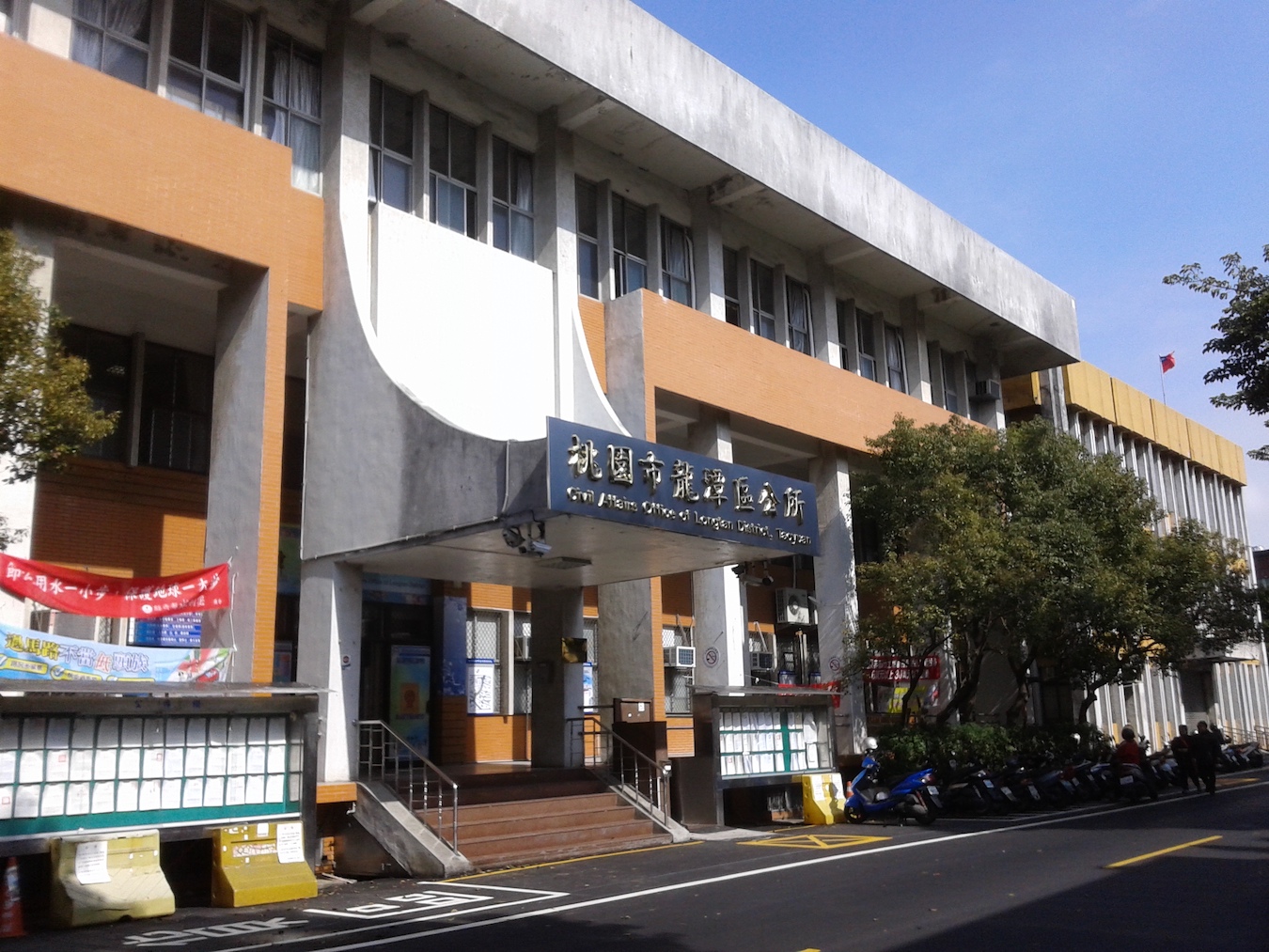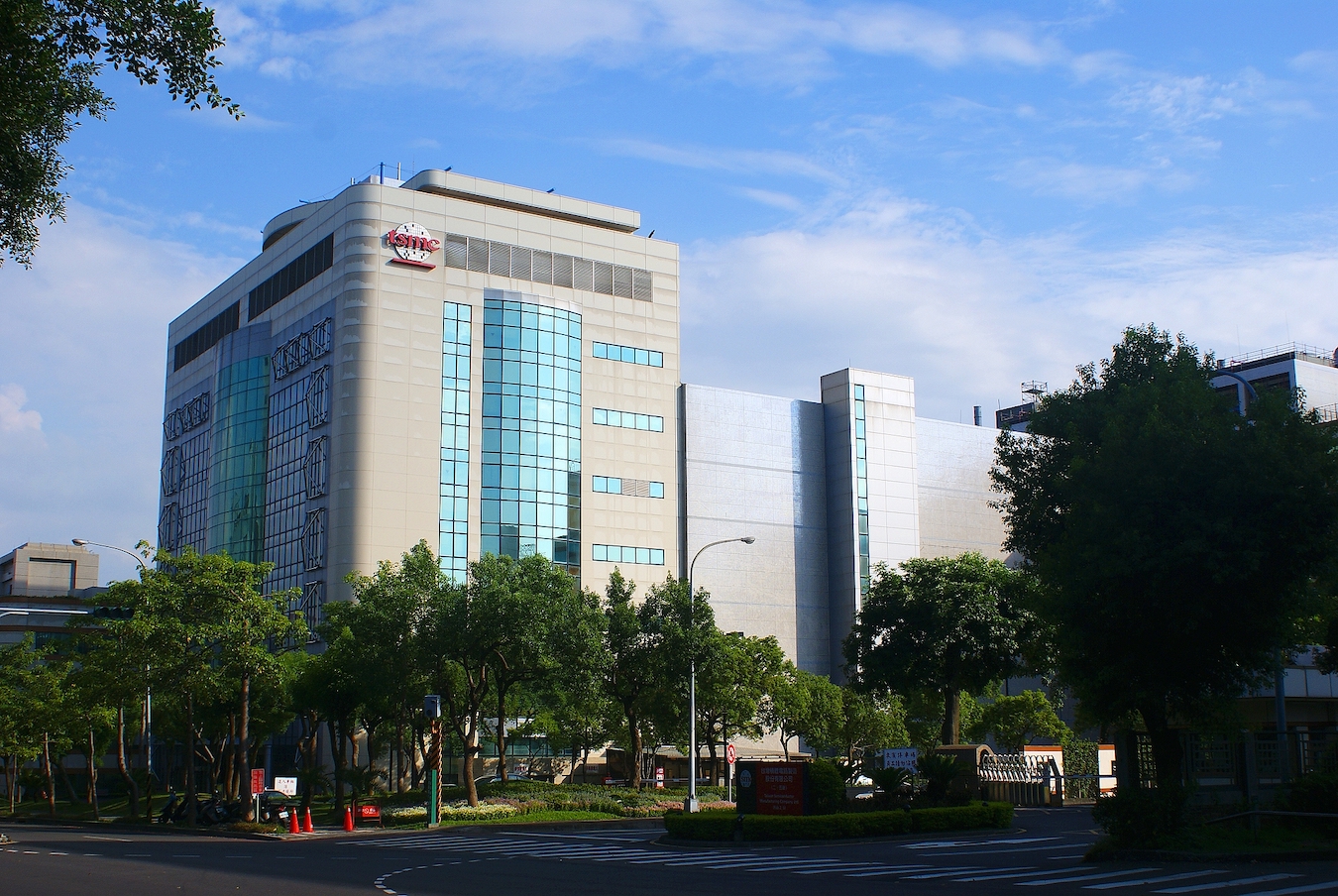by Brian Hioe
語言:
English
Photo Credit: /WikiCommons/Public Domain
TSMC ANNOUNCED LATE last month that it would no longer be considering Longtan as a possible location for fab construction. This took place after the company–the major Taiwanese semiconductor manufacturing giant–previously considered building facilities in the Longtan Science Park.
Phase III expansion of the Longtan Science Park would have involved expanding the park by acquiring 158.59 hectares of land. This was land, however, that was in private hands. As such, local residents protested the Phase III expansion, organizing a self-help organization to that effect.
This is not the first time that TSMC’s expansion plans or expansion plans for one of Taiwan’s many science parks have conflicted with the views of local residents. More often, this has occurred regarding energy facilities that TSMC requires as part of fab construction.
 Photo credit: Foxy Who \(^∀^)//WikiCommons/CC BY-SA 3.0
Photo credit: Foxy Who \(^∀^)//WikiCommons/CC BY-SA 3.0
This occurred, for example, in 2020 over plans by TSMC to clear forested land to build a solar farm. This would be for the sake of plans by TSMC to switch to 100% renewable energy, a commitment that also saw TSMC negotiate the largest renewable corporate power purchase agreement in the world by purchasing all electricity from Orsted A/S’s Greater Changhua 2b and 4 offshore wind farm for twenty years.
Although environmentalists welcomed TSMC’s plans to transition to renewable energy, the notion of clearing a carbon-absorbing forest to build a solar farm was criticized. Consequently, there were calls for TSMC to relocate its solar farm to unused farmland instead.
Earlier this year, over 10,000 signed a petition against plans by TSMC to build a 1.2 gigawatt gas power station in Tainan’s Annan District. The gas power station would be to power a TSMC fab that TSMC announced in 2017 for three-nanometer processes. Local residents feared that this would contribute to problems regarding air pollution.
To this extent, science parks in Taiwan take up not only significant tracts of land, but consume a great deal of electricity and water for the communities they are built in. Nevertheless, local politicians in Taiwan have often sought to expand existing science parks or to construct new ones, in the hopes of leaving their mark on an area.
Seeing as TSMC has announced that it will drop its Longtan plans, this represents the semiconductor manufacturing giant backing down in the face of local opposition. At the same time, since TSMC made the announcement, the issue has become a political hot potato, with the pan-Blue and pan-Green camps seeking to pin the blame for TSMC dropping the plans on each other.
Taoyuan is currently ruled by Simon Chang’s KMT administration. The framing from the Chang mayoral administration, then, has been that this is a failure of the central government in failing to push plans to develop the fab through fruition.
In particular, as there has been greater focus on the preeminent position of TSMC for Taiwan’s economy in public discourse, it has increasingly become a refrain of politicians to assert that, if they win, they will push for TSMC development in their constituencies. This would be with the claim that this would create technologically advanced, high-end jobs.
 Photo credit: Peellden/WikiCommons/CC BY-SA 3.0
Photo credit: Peellden/WikiCommons/CC BY-SA 3.0
Likewise, there will be significant reverberations in Taoyuan city’s real estate market after the announcement. Experts suggest that prices in the area could drop by up to 20%, with some having anticipated that real estate prices would see an uptick. This could also result in blowback over TSMC’s decision not to move to Longstan. This reflects how TSMC’s influence pertains to a number of sectors in Taiwanese society, including not just jobs, or its own infrastructure, but the wave of property purchases that takes place because of the people it brings with it.
It is to be seen where TSMC decides to consider placing facilities next. However, one would not be surprised if the same dynamic repeats, in which there is contention among local residents who push back against TSMC development, while other residents hope to see TSMC relocate there. And if TSMC again decides that its development needs are best served elsewhere, this would again lead to political criticisms. However, controversy over TSMC deciding not to proceed with its Longtan plans has led to discussion in the government of whether to offer cheaper electricity and water rates, as well as land prices, for TSMC. In this sense, TSMC may benefit from the controversy that ensued after it decision regarding Longtan.

